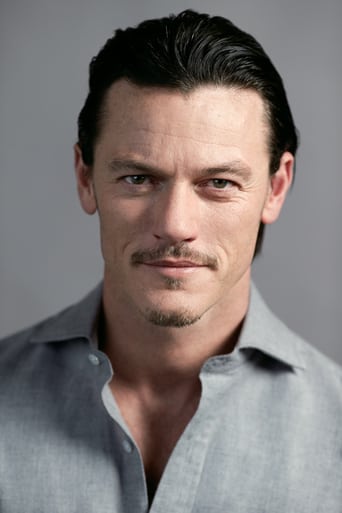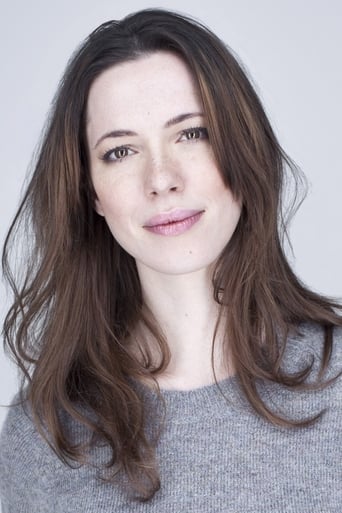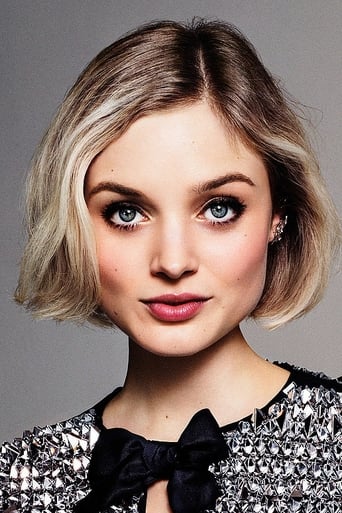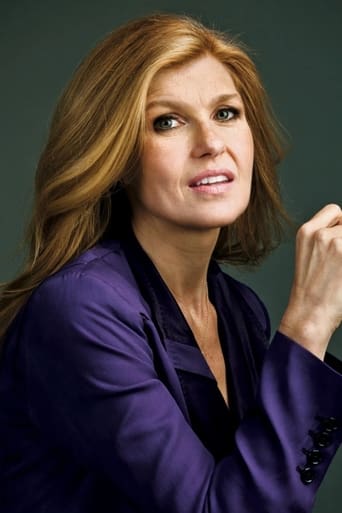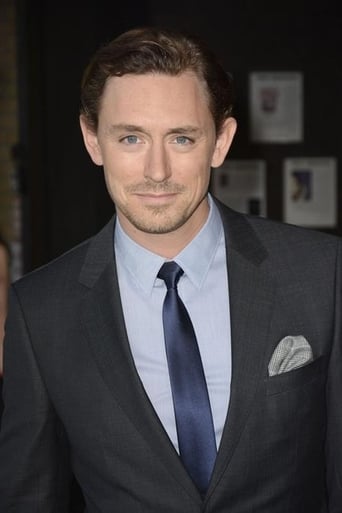Harry T. Yung
When I compared today's Wonder Woman (made globally-famous by the incredible Gal Gadot) with the one I knew back in the early 1960's and noted the vast difference, I didn't know that there was an "original" that was even more different. That is, not until I saw "Professor Marston and the Wonder Woman", a bio-pic that records an interesting piece of pop culture history.
The narrative structure is all too familiar: an interview and/or interrogation in 1945 during which the protagonist's responses become catalysts to flashbacks. Here, specifically, is Professor William Moulton Marston (Luke Evans) facing children's book expert Josette Frank's (Connie Britton), defending "Wonder Woman", his creation for DC Comics. The original version of Wonder Woman was condemned for its proliferation of BDSM, hence outrageously inappropriate for its target audience, children and young adults.
Embedded in the flashback, the movie is in two distinct halves. The first half traces the trajectory of the initial encounter and subsequent development of the polyamory threesome. The second half takes up the title story of the creation of Wonder Woman.
The flashback starts with 1928 at Harvard where the psychology profession is teaching and conducting researches, assisted by his brilliant wife Elizabeth (Rebecca Hall), whose only obstacle against becoming his equal (or even superior) is that her being a woman. They notice a very attractive student Olive Byrne (Bella Heathcote). "Her beauty is her albatross" Elizabeth nonchalantly comments. Before they decide to hire Olive as an assistant, Elizabeth declares to her husband she bears no "sexual jealousy", only "professional jealousy". Yet, upon meeting Olive, she loses no time in uttering "If you f*** my husband I'll kill you!" In explanation to Olive, William describes his wife as "neurotic, compulsive, grade A bitch".
The somewhat eccentric couple soon realize that despite her mild manners and easy disposition, Olive is descended from "two most famous woman radicals" (mother and aunt). As well, Olive's quiet determination soon wins them over, to treat her more like an equal, temperamentally if not intellectually. Olive on the other hand finds out more about the Marston couple, that they had been childhood sweethearts. When he finally proposed to her, in was in the middle of a heated debate they were having on Carl Jung's theory.
Gradually, climaxing at the mid-point of the moving, culminating in a series of stylishly erotic montages with the too-obviously titled song "Feeling good" as background, the three of them cement their relationship. There is a lesser subplot, about Marston's invention of the lie-detector. Purportedly, the facts are essentially correct. The device, however, is overused in the movie as a vehicle that triggers the protagonists' recognition of their true feelings towards one another.
The second half has two main themes. The first is the expected hostility from whatever neighborhood they try to settle in, against their somewhat unorthodox "family" (they now have three offspring, two from Olive and one from Elizabeth). The other is the creation of Wonder Woman, inspired by the beauty of Olive and the very different psychological strengths of both women.
The controversy of BDSM (both evolving through the comic character and their real life), as depicted in the movie, is essentially BD and very little SM except for the mild ceremonial spanking very early on in Olive's sorority pledging. The well-hidden spectators, the Marston couple, are obviously aroused (particularly Elizabeth).
As the movie is based on true events, there is a limit to how far dramatization (at time melodramatization) can go: vicissitudes, conflicts, illness, reconciliation. At the end, details of the lives of the three protagonists was disseminated in written captions prior to the ending credit.
Hall and Heathcote both give good performances, particularly when watched together, in the contrast between the persona of these two women. There is one scene however they have difficulty with - the reconciliation scene at the end, which come across as a little awkward. But the problem is probably more with the script than with anything else. Evans, while not displaying any glaring flaw, is generally out-shined by his two co-stars.
justin-fencsak
When Wonder Woman made her live action big screen debut on opening weekend, a teaser for a movie based on the life of the creator and his relationship with his wife and her friends made the rounds causing lots of buzz. The thing is, the movie was better than the teaser. It's very accurate based on the time period and the casting is great. Unlike the wonder woman movie, this one is not for kids. It's rated R for sex and nudity and it shows. Luke Evans plays the lead role as Prof. Marston, who created the lie detector test and is on his way to create a game changing female super hero who would become the most famous of them all: Wonder Woman. I'm surprised that this movie didn't get any Oscar love (same for Wonder Woman 2017). Give this one a rental and see for yourself how wonderful this movie is.
SnoopyStyle
In 1928 Radcliffe Colleges, William Moulton Marston (Luke Evans) is a professor with his wife Elizabeth (Rebecca Hall). They are taken with beautiful student Olive Byrne (Bella Heathcote) and recruit her as a test subject. She's the daughter and niece of prominent liberated women despite being left to be raised by nuns. They develop a complicated family group as well as create the lie detector and comic book icon Wonder Woman. In 1945, Marston is interrogated by Josette Frank of the Child Study Association of America as Wonder Woman comics are burned publicly.This is a fantastical tale of the true origins of Wonder Woman. It's a more adult fare comparable to the TV show Masters of Sex. The movie would work better to explain the sexual climates of the 20s to the 40s. A little more exposition would set up the their outsider relationship. It also clashes with the family-friendly modern comic book franchises. It is more adventurous than even the needs of a puritan sexuality of movie comics. A better title would be Sexual Perversions of Wonder Woman but that would drive away the kiddie crowd that races to the modern comic book movies. There is a conflict between the real subjects and the reality of the PG-13 franchises. Surprisingly, there is real heart in these characters and this movie delivers real conflicts.
Hollywoodshack
Rebecca Hall is supposed to be in her 30's during this time period where she plays Elizabeth Marston, yet her makeup, clothes, and slow talking make her look over 50 years old. I'm also very sure all of the bondage element in Wonder Women comics from that time period were not anything as graphic as the comics shown in the film. The intimate involvements of the Marstons and teaching assistant Olive are very tame, "vanilla flavored" scenes as one critic described them. The second half where the Marston's son is bullied is overdone especially where Marston confronts the other boy's father. The other actors do fine, but tend to mumble or whisper the most important lines, not helping dramatic effect as well as the director thought. The backroom show in the lingerie shop was too tame also, it just needed maybe a fake whipping to wake us up from all the quiet pauses and tension, sometimes so drawn out it makes me think the actors forgot their lines.




